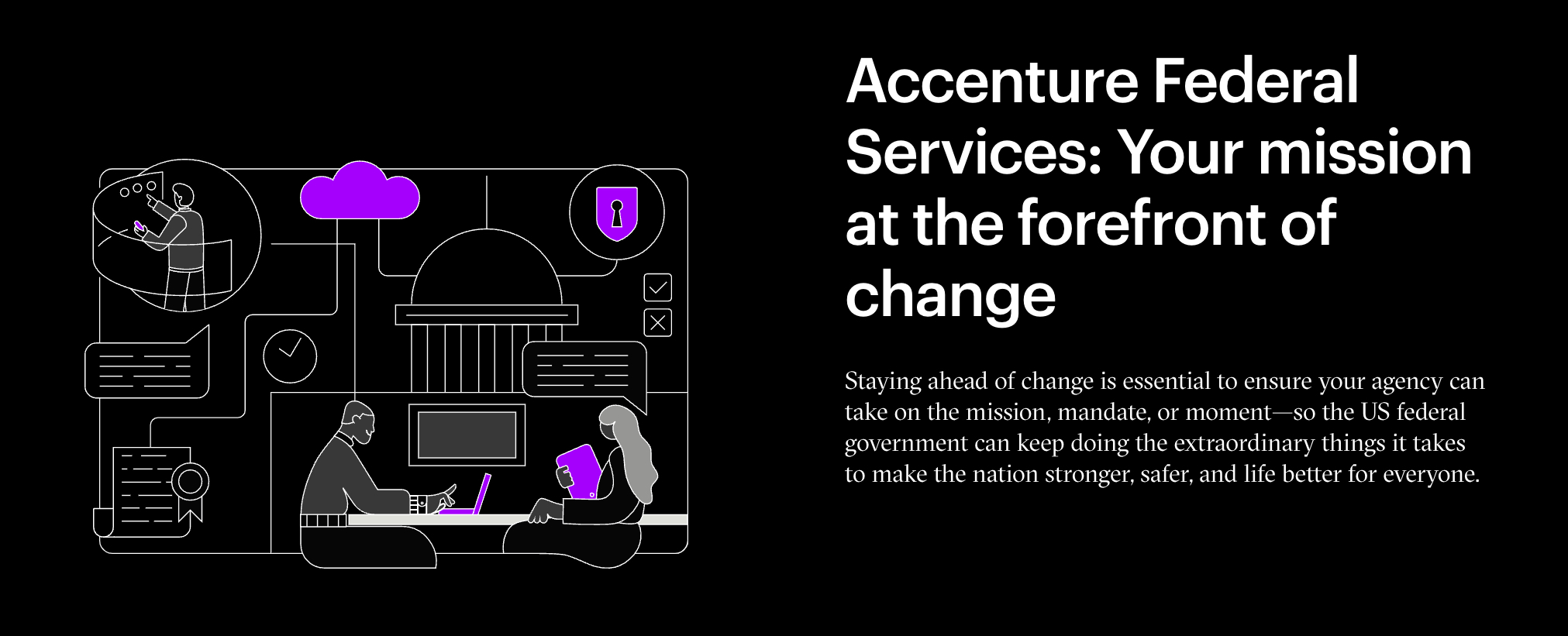What You Should Know:
- Canid, the healthcare technology company dedicated to simplifying pediatric vaccine management secures $10M in Series A funding round led by Telescope Partners with participation from FJ Labs, Brooklyn Bridge Ventures, SeedtoB, and others.
- The new funding brings Canid's total capital raised to $12.9M. Canid plans to use the funding to fuel the company's expansion as it supports a growing number of independent pediatricians across the U.S.
- The
Read More
Public Health
Gates Foundation Awards Axmed $5M Grant to Boost Maternal and Child Health Procurement in Africa
What You Should Know:
- The Bill & Melinda Gates Foundation has awarded a $5M grant to Axmed, a healthcare technology company focused on transforming how lifesaving medicines are procured across Growth Markets.
- The grant, announced on May 21, 2025, during a high-level roundtable alongside the 78th World Health Assembly, will be deployed as a matching fund to enhance the procurement of maternal, newborn, and child health (MNCH) commodities in Sub-Saharan Africa through
Read More
Medisafe and EMD Serono Partner to Launch Global HIV Resource Center
What You Should Know:
- Medisafe, a global digital health platform for medication management announced a strategic collaboration with EMD Serono to launch the HIV Resource Center by Medisafe.
- The HIV Resource Center by Medisafe puts patients at the center of their care by providing personalized support, education, and proactive health monitoring.
Addressing the Challenges of HIV Management
Living with HIV can present various challenges, including managing complex
Read More
Light AI and MrBeast Partner to Combat Strep A in Africa with AI-Powered Diagnostic Tests
What You Should Know:
- Light AI, a healthcare technology company specializing in AI-powered diagnostic solutions, today announced a partnership with MrBeast Industries to launch a Strep A test donation initiative in Africa.
- The collaboration, featured in a Beast Philanthropy video released on February 16th, 2025, aims to improve healthcare access and reduce the burden of Rheumatic Heart Disease (RHD) in underserved regions.
Global Impact of Strep A
Strep A, also
Read More
California’s H5N1 Emergency Declaration Highlights Need for an Urgent National Response to Avian Flu
The H5N1 virus is spreading so rapidly among cattle in California that Gavin Newsom declared a state of emergency. Sick cattle not only produce less milk, but their milk is also infected with the virus, so it cannot be sold. The US Federal government will only partially reimburse dairy producers for the losses they incur when infected cattle are removed from the herd.
The damage to the poultry industry has been even more catastrophic because while H5N1 does kill a small number of cattle
Read More
31% of America’s Workforce and Families Have Cardiac Disorders
What You Should Know:
- A new analysis of U.S. heart health trends reveals a concerning statistic: 31% of the workforce and their families suffer from a cardiac disorder or hypertension, a major risk factor for heart disease, according to Cedar Gate Technologies.
- The analysis, based on Cedar Gate's National Healthcare Benchmark Database, examined claims data from July 2022 to June 2023, representing approximately 15 million commercially insured individuals. The analysis underscores
Read More
ATOMIC-Meso Trial: A New Take Against Pleural Mesothelioma
Pleural mesothelioma is a type of an aggressive cancer that develops in the tissue that surrounds the lung cavity. It is known to be primarily caused by asbestos exposure. Asbestos was largely used as a material in products revolving construction, automobile, and insulation. It is apparently still used in the said products today in buildings and houses in the U.S. The clear disparity between its latency period, which generally takes decades, compared to its fatal ramifications and little chance
Read More
Medical Home Network and Instacart Partner to Address Food Insecurity
What You Should Know:
- Medical Home Network (MHN), an organization supporting value-based care in federally qualified health centers (FQHCs) forms a collaboration with Instacart, the North American grocery technology leader, to integrate Instacart's SNAP eligibility screener into MHNConnect, its care management platform.
- The strategic partnership aims to address food insecurity among vulnerable populations and improve health outcomes.
Tackling Food Insecurity in
Read More
Accenture Federal Services Wins $190M Contract to Support PEPFAR’s Global Fight Against AIDS
What You Should Know:
- Accenture Federal Services has been awarded a substantial $190 million contract from the U.S. Department of State.
- The company will provide critical data and systems engineering support to the President’s Emergency Plan for AIDS Relief (PEPFAR), a program widely recognized for its success in combating the global HIV/AIDS crisis.
Contract Details
The single award, indefinite-delivery/indefinite-quantity (IDIQ) contract has a base performance
Read More
Blue Cross Blue Shield of TN Launches Statewide Food as Medicine Initiative to Combat Food Insecurity
What You Should Know:
- FarmboxRx, a pioneer in food-as-medicine solutions, announced a new partnership with Blue Cross Blue Shield of Tennessee (BCBST) to address food insecurity and improve health outcomes for Tennesseans.
- Through this collaboration, BCBST members will receive fresh produce and condition-specific health education delivered directly to their homes.
Tackling Food Insecurity and Health Disparities
Tennessee faces significant challenges related to food
Read More










